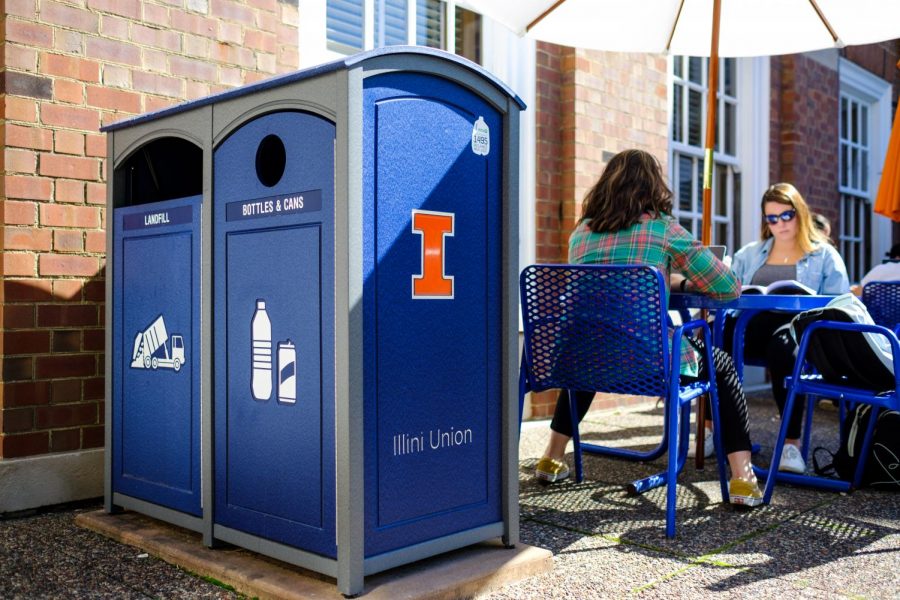You are here
Projects Updates for place: Illinois Sustainable Technology Center (ISTC)
- Associated Project(s):
Recycling from covid-19 test sites at UIUC
Sustainable Issues and Opportunities for Handling End-of-Life PV Modules
Associated Project(s):Housing stopped recycling gloves
Associated Project(s):Sustainability Webinar: Large Summer Festival Going Zero Waste
Associated Project(s):Zero Waste Webinar
Associated Project(s):Sustainability Webinar: PFAS in Biosolids and Wastewater
Associated Project(s):Glass recycling finds funding on campus
Associated Project(s):Reducing Carbon Footprint in Supply Chains
Associated Project(s):Collection Containers to Increase Recycling Efforts
Associated Project(s):New Collection Containers to Help Increase Recycling Efforts
Associated Project(s):SSC funds Recycling Pods
Associated Project(s):Attached Files:Weekly Updates for Zero Waste
Associated Project(s):Weekly Updates for Zero Waste
Associated Project(s):Weekly Updates for Zero Waste
Associated Project(s):RightCycle End of Year 2018 metrics
Associated Project(s):Glove Recycling - Program Changes
Associated Project(s):Weekly Updates for Zero Waste
Associated Project(s):Weekly Update for Zero Waste
Associated Project(s):Weekly Update for Zero Waste
Associated Project(s):

 This opportunity is available online.
This opportunity is available online. 